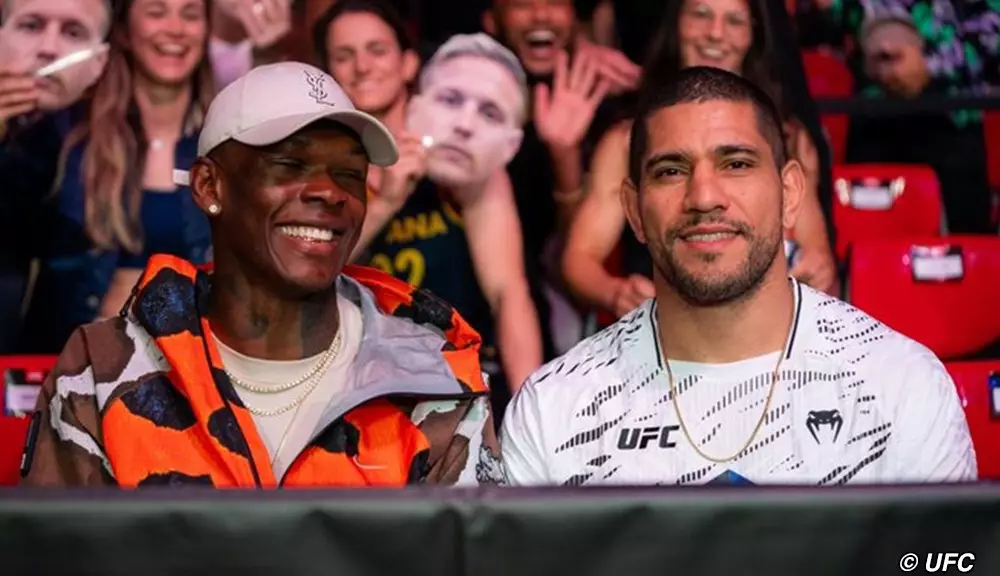UFC light heavyweight champion Alex Pereira is no stranger to the strains of a demanding travel schedule, particularly as he prepares to defend his title. On March 8, he will rematch Magomed Ankalaev at UFC 313, a significant bout taking place at the iconic T-Mobile Arena in Las Vegas. The journey to become a champion in the UFC is fraught with challenges, both inside the Octagon and outside it, and Pereira’s recent experiences perfectly encapsulate this reality.
Pereira (12-2 MMA, 9-1 UFC) faced skepticism from seasoned fighter Daniel Cormier regarding his decision to fly to Sydney, Australia, to support fellow fighter Sean Strickland in a title fight against middleweight champion Dricus Du Plessis at UFC 312. While Cormier expressed concern about the implications of extensive travel on Pereira’s performance, the champion’s response hints at a level of strategic thinking and emotional intelligence that often goes unnoticed in the world of combat sports.
Strategic Travel and Fight Preparation
Addressing the critics, Pereira clarified that his trip to Australia was not a haphazard choice. He explained that the venture was premeditated and part of a larger commitment. Notably, he emphasized that the logistics of his travel were meticulously planned, as he brought an extensive team to assist with his preparation. “We knew exactly what we were doing,” he asserted, pointing to the camaraderie and shared energy that exists within his circle.
Interestingly, Pereira’s journey even included a deep-rooted friendship with Strickland, which lent added meaning to his presence as a cornerman. This connection refutes the notion that effective communication is solely about language; instead, it’s about mutual understanding and motivation. His assertion that they are on the same “vibe” speaks volumes about the psychological elements of fighting, which often go overlooked in favor of metrics like physical preparation and skill acquisition.
Lessons from Past Experiences
Pereira’s self-assuredness is fueled not just by his team’s support but also by his wealth of experience. He recalled facing Israel Adesanya in 2016 under a similar predicament, where extensive travel did not preclude him from victory. This recollection serves as a beacon of his resilience and underscores a key principle: every fighter develops their unique coping mechanisms. While some may crumble under pressure, others, like Pereira, rise to the occasion, using past experiences to create a mental framework for success.
Moreover, Pereira’s candid acknowledgment of the difficulty of managing a packed schedule reflects an awareness of the personal toll on athletes. “Maybe it’s not the ideal situation,” he admitted, highlighting the emotional and physical strains that accompany elite-level competition. Yet, this realization does not deter him; rather, it fuels his determination.
Alex Pereira’s journey serves as a reminder that the life of a champion is complex and multifaceted. The intersection of travel demands and fight preparation is laden with both risk and opportunity. As he gears up for UFC 313, the world will be watching not just for his physical prowess but also for the mental acumen that has become a hallmark of his rise to greatness.

